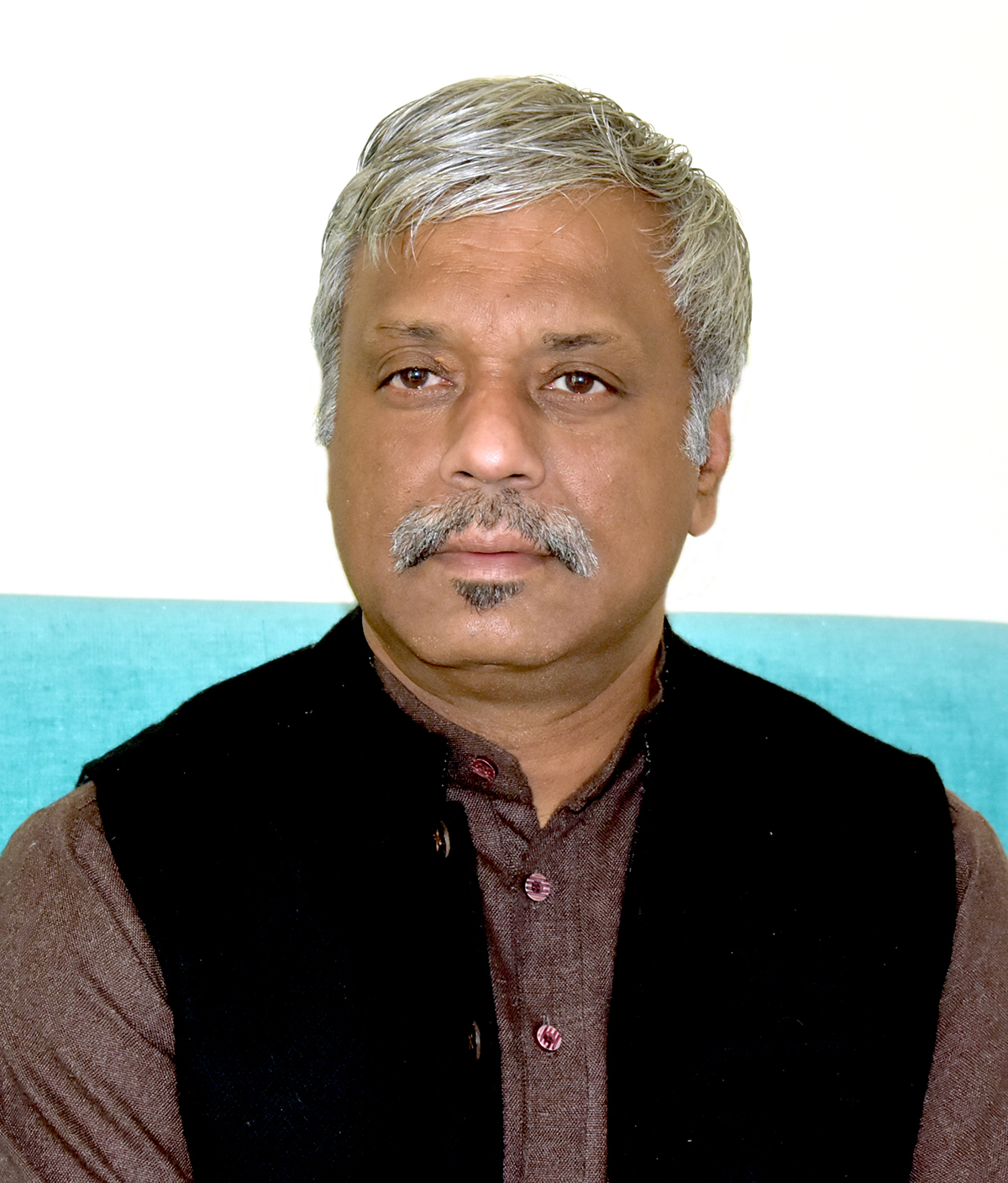Riverine Neighbourhood: Hydro-politics in South Asia
About the Book
Rivers are the most visible form of fresh water. Rivers are ancient and older than civilizations a ‘mini cosmos’ spawning history, tales, spirituality, and technological incursions. Flowing rivers are the largest renewable water resource as well as a crucible for both humans and aquatic ecosystem. Rivers also have a habit of moving on and on from their source from where they gush with gay abandon to their mouth where they quietly disappear into the surroundings. That journey is now being interrupted. Since the age of industrialization, humans have increasingly exerted a pervasive influence on water resources. Rivers in particular have drawn humans to monumental engineering interventions such as dams and barrages often as chest-thumping dominance and seldom as an enduring bond between man and nature.
‘Hydro-politics’ or water politics is not a popular expression among water practitioners. In using hydro-politics, the book does not in any way negate hydro-cooperation rather the chapters argue that cooperation is hydro-politics. Since no water dispute, as history tells, has almost ever led to war, states have to ensure that sensible hydro-politics prevails so that the possibilities of water wars are unlikely in the future.
Transboundary rivers link its riparians in a complex network of environmental, economic and security interdependencies. Cooperation among South Asian riparians is undoubtedly high but that does not mean the absence of competing claims for water. Thus water will remain deeply political. Often water agreements are not always about water. History and hegemony play an important role in understanding the strategic interaction among riparian states and in the contextual framework under what circumstances politics interfere with cooperation or whether sharing of water acts as a neutralising factor in difficult political situations.
Contents
- Preface
- Abbreviations Introduction
Waterscape: The Inescapable Reality
1. South Asia’s Water Security
- The Importance of Water Regimes
- The Dynamics of River Treaties
- South Asia: A Riverine Region
- A Tale of Two Trans-boundary River Basins
- Riparian Relations 39 Tibet: the Third Pole
2. Himalayan Hydrology: The Anthropocene
- The Context
- Profile of the Himalaya Mountain System
- Himalayan Glacier Profile
- Himalayan Hydrology
- Climate Change and Water Resources
- Himalayan Glaciers in South Asia
- Glaciology and the Indus River System
- Adaptation Measures
- Himalayan Hydro-politics
3. Ganga Basin and Regional Cooperation
- The Ganga
- Riverine Collaboration
- Ganga in Nepal-India Relations
- Hydropower Cooperation
- Hurdles to Cooperation
- Cleaning the Ganga
- Reducing Mistrust
- Ganga in India-Bangladesh Relations
- Cooperation on Ganga
- Multilateral Mechanisms
- Comprehensive Basin Management (CBM)
- From Source to Mouth
4. India-Pakistan and the Waters of the Indus
- Legacy of IWT11 Negotiations 1947-51
- Negotiations: 1952-56
- Final negotiations: 1956-1960
- Role of the World Bank Reactions towards the IWT Did India compromise? The Treaty
- Water a Political Issue
- Jammu and Kashmir Factor
- The Future of IWT
- The Possible Way Ahead
5. China and India: Hydropowers in South Asia
- India and China: Contrasting Riparians
- India and China: Cooperation or Conflict
- Dams and Diversions
- India and China: Hydro Politics
- Climate Change and Himalayan Glaciology
- Towards Water Dialogue
- Turning the Equation
- Hydrological Scenarios: the Shape of things in 2030
- The Way Forward
Conclusion
- ‘Let the river flow…’ Index
Order Hard Copy
Please email us at adps.idsa [at] nic.in or call +91-11-2671 7983 (Ext. 7303)










